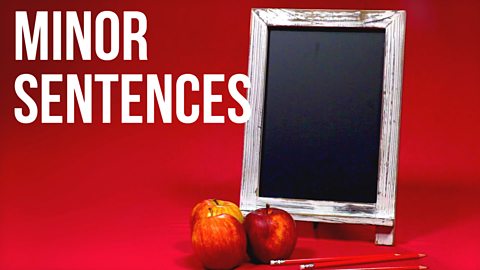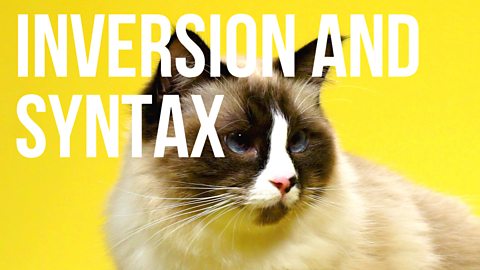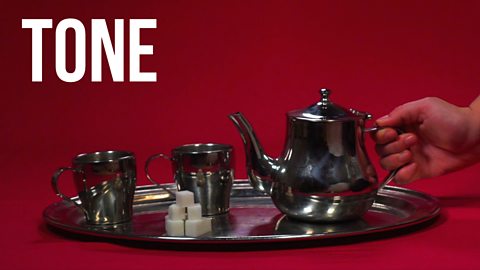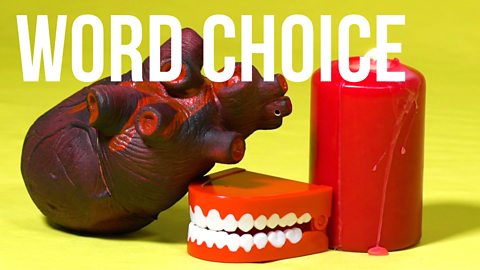Hyperbole is exaggeration used for emphasis or humour.
What is hyperbole? How and why would you use it?
Hyperbole is exaggerating for a purpose â it is not meant to be taken literally and it's used to emphasise a point.
Examples from daily life
- 'She was dying of laughter!' Nobody will actually die of laughter. Hyperbole just tells us that the person was laughing really hard.
- 'I'm so hungry I could eat a horse!' It's unlikely that somebody would want to or could eat a horse. Hyperbole is used to emphasise just how hungry the person is. It's more interesting than just saying 'I'm really hungry.'
- 'I'm giving it two hundred per cent' This isn't possible but the fact that it is impossible emphasises how much effort someone is willing to make.
Examples in poetry
In his poem Sounds of the Day, Norman MacCaig describes the end of a relationship. Hyperbole is used to emphasise how upset the character was: 'it was the end of all the sounds there are.'
It is unlikely that all sounds actually ended but hyperbole emphasises how lonely and sad the speaker feels.
Another good example of hyperbole in Scottish poetry is in Robert Burns' poem A Red, Red Rose where the speaker talks about his everlasting love: 'Till a' the seas gang dry, my dear / And the rocks melt wi' the sun'
It's very unlikely that all the seas will ever dry up or that rocks will melt in the heat of the sun. By exaggerating, the speaker is emphasising just how strong and passionate his love is. Again, this is more effective than just saying 'I really love you.'
More on Understanding, analysing and evaluating
Find out more by working through a topic
- count17 of 18

- count18 of 18

- count1 of 18

- count2 of 18
